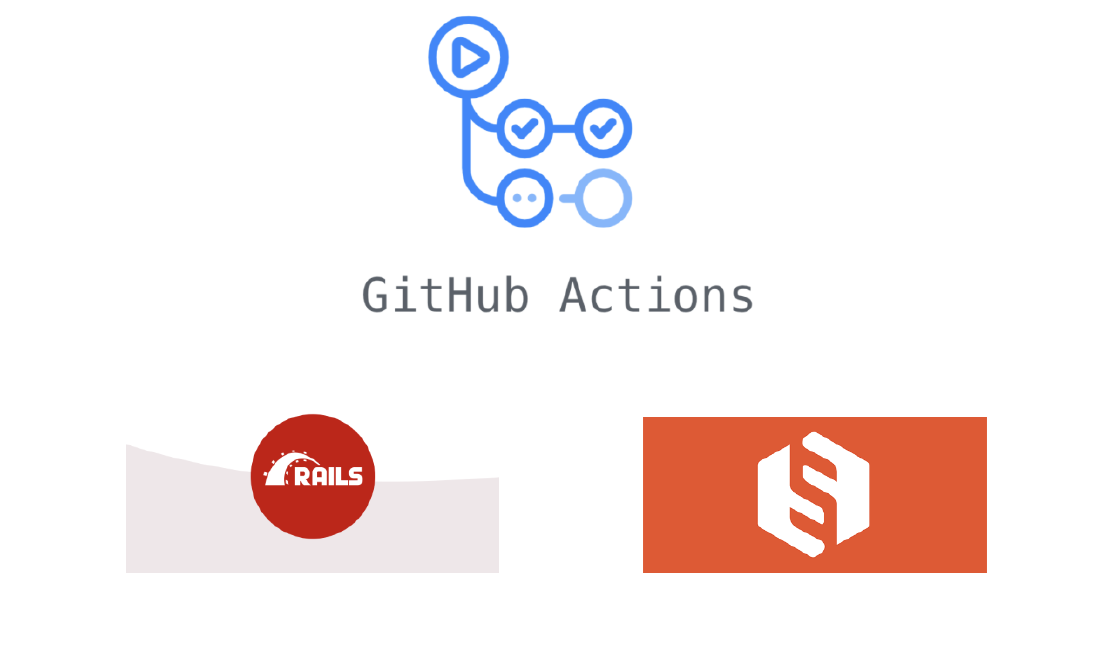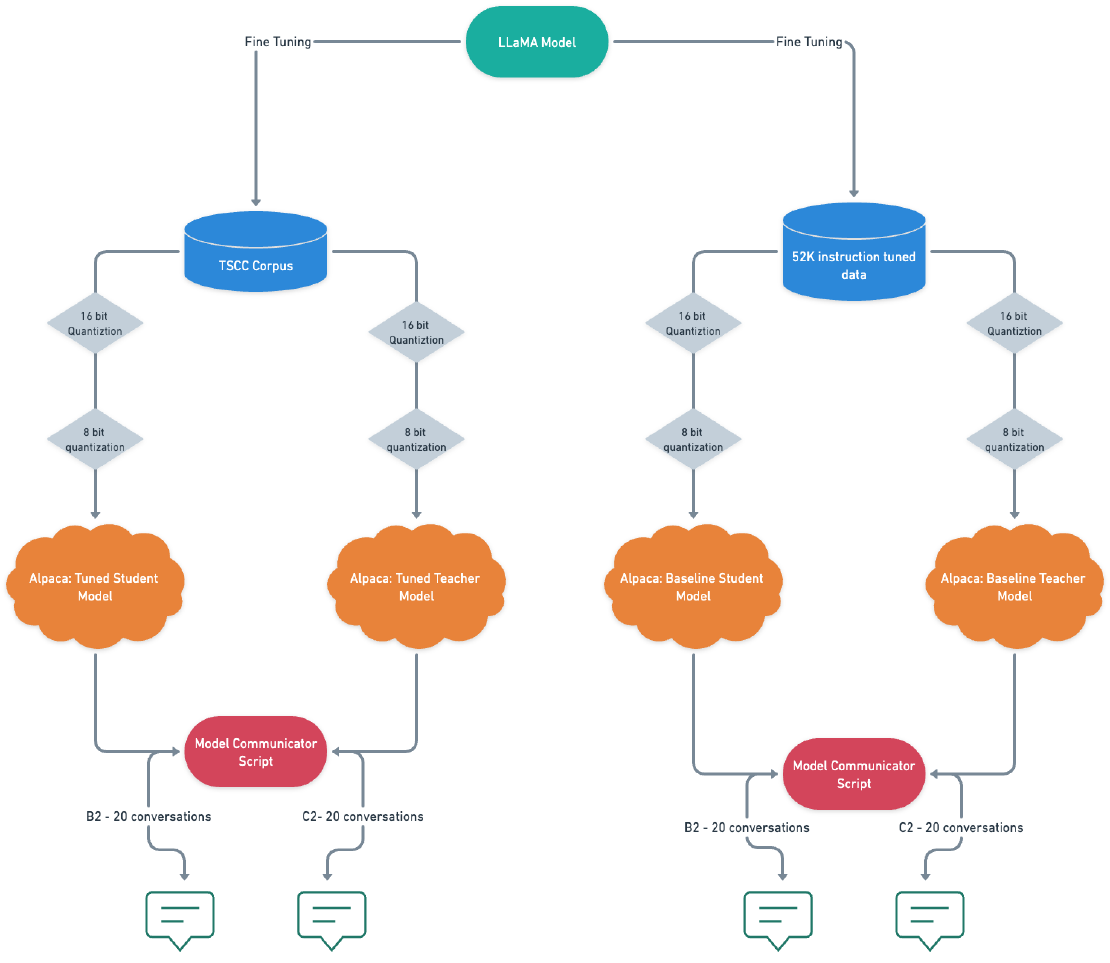
Revolutionizing the Role of Software Development: Introducing the Prompt Engineer
Revolutionizing the Role of Software Development: Introducing the Prompt Engineer
With the rapid advancements in AI and machine learning, the software development industry is undergoing a significant change. A new role is emerging, known as the Prompt Engineer, who leverages the power of language models such as OpenAI’s ChatGPT to create code and build systems, replacing traditional software developers. In this blog, we’ll delve into what a Prompt Engineer is, what their responsibilities entail, and what qualifications and expectations are needed to excel in this role.

How to Interview a candidate? Qualification vs Expectations
When it comes to interviewing a candidate for the role of a Prompt Engineer, it’s crucial to look beyond their technical skills and assess their problem-solving and critical thinking abilities. A good candidate should be able to identify the underlying requirements of a project and understand how to leverage GPT-3 to deliver high-quality solutions. In terms of qualifications, a background in software development, computer science, or a related field would be an asset, but it’s not a must-have requirement.
When evaluating the qualifications of a candidate, it’s also important to take into consideration the specific expectations of the role. As a Prompt Engineer, they should have a strong understanding of language models and its capabilities, as well as an ability to design and implement solutions that meet the project requirements. They should also have excellent communication skills and the ability to work effectively as part of a team.
It’s also essential to assess the candidate’s approach to problem-solving and critical thinking. During the interview process, you can ask questions that challenge the candidate’s ability to identify and analyze complex problems, and present creative solutions. For example, you could present a scenario where they need to come up with a solution to a software development challenge and ask them to walk you through their thought process and write promps in ChatGPT as they go along.
Evaluating a candidate’s problem-solving skills, critical thinking abilities, and adaptability to new technologies, as well as their qualifications and expectations for the role, will help ensure a successful hire for this innovative and highly-skilled role.
What will be their responsibilities?
The primary responsibility of a Prompt Engineer is to use AI to generate code and build systems. This includes tasks such as writing scripts and code snippets, testing and debugging code, and collaborating with software developers to ensure that solutions meet the required specifications.
One of their major responsibilities lies in being able to provide good prompts to get answers out of language models. Prompt Engineers need to have a deep understanding of natural language processing and be able to write prompts that accurately capture the intended meaning of the language model. This requires a high level of language proficiency, attention to detail, and an understanding of how language models work and what types of inputs they respond best to.
Overall, the role of a Prompt Engineer is challenging and demanding, but also incredibly rewarding. If you they have a passion for AI, software development, and language technology, this could be the ideal career path for a person.
How will the a prompt engineer work with software developer?
A Prompt Engineer and a software developer will collaborate on various stages of the project, from requirements gathering to implementation and testing. During the requirements gathering stage, the Prompt Engineer will work with the software developer to understand the client’s needs and design solutions that leverage AI to meet these requirements. The Prompt Engineer will then generate code and build systems, while the software developer will validate and test the solutions to ensure that they are working as expected.
Throughout the project, the Prompt Engineer will also provide guidance and support to the software developer on how to effectively integrate AI solutions into their work. This may involve training on the use of AI tools, providing technical assistance, and ensuring that the software developer is aware of any limitations or challenges associated with the AI solutions being used.
In addition, the Prompt Engineer will also work with the software developer to identify any issues or problems that arise during the project, and together they will find ways to resolve these challenges. This may involve troubleshooting code, making modifications to the solutions, or developing alternative approaches to the problem.
Ultimately, the close collaboration between a Prompt Engineer and a software developer is essential for delivering high-quality solutions that meet the client’s needs. Both roles bring unique skills and perspectives to the project, and by working together, they can ensure that the final product is innovative, effective, and of the highest quality.
What should a promp engineer be paid?
A Prompt Engineer can be a cost-effective solution for organizations looking to leverage AI in their software development projects. Compared to traditional software developers, Prompt Engineers can be paid lower salaries, as they are highly skilled in using AI to generate code and build systems. This means that organizations can save on development costs, while still getting high-quality results.
One of the key benefits of hiring a Prompt Engineer is that they can work on multiple projects simultaneously. Unlike software developers who are typically assigned to a single project, Prompt Engineers can be used across multiple projects, making them an efficient and cost-effective solution for organizations with multiple development needs.
Furthermore, the role of a Prompt Engineer can be merged with that of a Business Developer, which can provide even more cost savings and efficiency benefits. Business Developers are typically responsible for identifying new business opportunities, working with clients to understand their needs, and finding ways to meet these needs with innovative solutions. By combining this role with that of a Prompt Engineer, organizations can save on both development costs and business development costs.
Prompt Engineer can be an excellent investment for organizations looking to leverage AI in their software development projects. With lower salaries than traditional software developers and the ability to work on multiple projects simultaneously, Prompt Engineers can provide cost savings and efficiency benefits for organizations. Additionally, the role of a Prompt Engineer can be merged with that of a Business Developer to provide even more cost savings and efficiency benefits.
Conclusion
The role of a Prompt Engineer is a game-changer in the software development industry, offering the potential to significantly improve the speed and efficiency of code generation. As the demand for this role continues to grow, it’s essential to understand the qualifications, responsibilities, and expectations of a Prompt Engineer to ensure that organizations are equipped to take full advantage of this exciting new technology.
Subscribe to DDIntel Here .
Visit our website here: https://www.datadriveninvestor.com
Join our network here: https://datadriveninvestor.com/collaborate
Related Posts

Building a CI Pipeline using Github Actions for Sharetribe and RoR
Continuous Integration (CI) is a crucial part of modern software development workflows. It helps ensure that changes to the codebase are regularly integrated and tested, reducing the risk of introducing bugs and maintaining a high level of code quality.
Read more
Exploring if Large Language Models possess consciousness
As technology continues to advance, the development of large language models has become a topic of great interest and debate. These models, such as OpenAI’s GPT-4, are capable of generating coherent and contextually relevant text that often mimics human-like language patterns.
Read more
Fine-Tuning Alpaca: Enabling Communication between LLMs on my M1 Macbook Pro
In this blog post, I will share a piece of the work I created for my thesis, which focused on analyzing student-tutor dialogues and developing a text generation system that enabled communication between a student chatbot and a tutor chatbot.
Read more